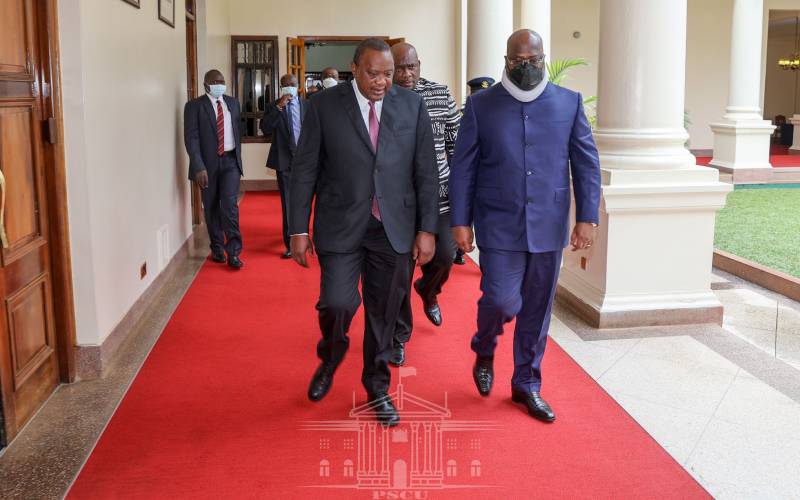×
The Standard e-Paper
Join Thousands Daily

Nairobi will today (Friday) host and facilitate direct peace talks between the government of the Democratic Republic of Congo and rebels who have seized parts of eastern Congo, State House Kenya said yesterday.
The consultative dialogue which will be held in Nairobi will bring together the various local armed groups and seeks to broker a long-lasting deal between the protagonists of the bitter conflict in the Democratic Republic of Congo.